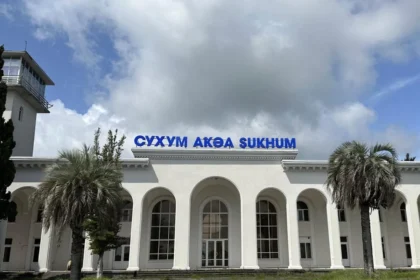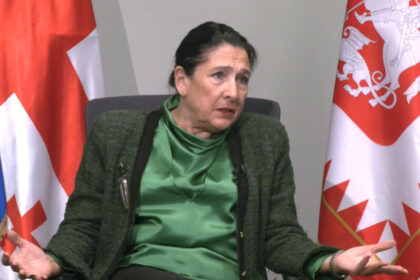**EU Unveils New Strategy for the Black Sea Region**
The European Commission and the High Representative for EU Foreign Affairs have released a joint communication outlining the EU’s strategic approach to the Black Sea region. The move comes as tensions in the region continue to escalate, with the security situation worsening.
At its core, the document emphasizes the EU’s commitment to supporting democratic resilience in the region, which is “vital to Europe’s stability and prosperity.” The EU aims to transform the Black Sea into a secure, interconnected, and prosperous region anchored in democratic principles and regional cooperation.
The new strategy presents a three-pillar approach: enhanced security and resilience, sustainable economic development, and environmental and climate protection. The EU seeks to strengthen connectivity with the Caucasus and Central Asia through various initiatives, including trade, transport, and digital links.
Financing for the initiative will be powered by the EU’s Global Gateway investment strategy, backed by additional funds from member states, development banks, and the European Investment Bank. The scope and speed of implementation will depend on the evolving security landscape in the region, particularly ongoing conflict in Ukraine.
**Key Points**
* The EU aims to support democratic resilience in the Black Sea region
* A three-pillar approach is proposed: enhanced security and resilience, sustainable economic development, and environmental and climate protection
* Financing for the initiative will be provided through the Global Gateway investment strategy
* Implementation will depend on the evolving security landscape in the region
**Regional Significance**
The Black Sea region’s strategic importance cannot be overstated. It serves as a bridge between Europe and Asia, with untapped potential for economic development and critical raw materials. The EU’s new strategy aims to unlock this potential while supporting the democratic resilience of neighboring countries.
**Georgia’s Role**
While Georgia was mentioned alongside Ukraine and Moldova as key regional partners, the report notes that Georgia is currently not on the EU path. However, the EU emphasizes Georgia’s ongoing role in several foundational frameworks, including the Association Agreement and the Eastern Partnership.
**International Response**
The international community has been following developments in the Black Sea region closely. NATO Secretary General Jens Stoltenberg recently denounced Russia’s plan to build a naval base in occupied Abkhazia. The move has sparked concerns about regional stability and security.
In conclusion, the EU’s new strategy for the Black Sea region marks an important step towards strengthening democratic resilience and regional cooperation. As tensions continue to escalate in the region, it is crucial that international partners support the EU’s efforts to promote stability and prosperity.
Read More @ civil.ge












